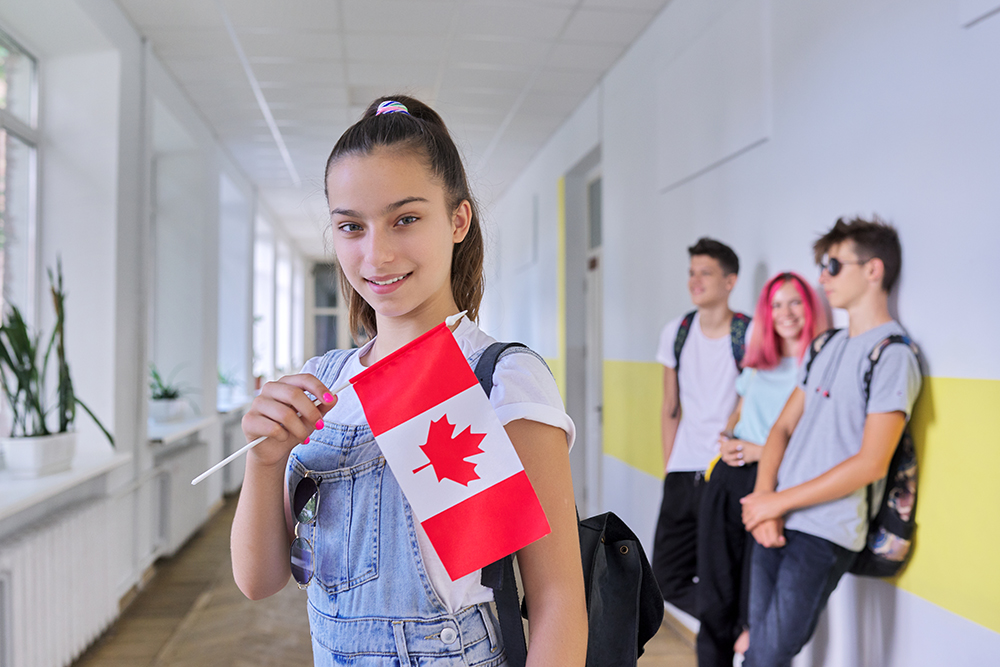
Is it time Canadians re-examine our history and what should be taught in citizenship education programs?
The true north is said to be strong and free, but is that how Canadians feel?
Dr. Catherine Broom, who specializes in teaching local and global citizenship and social studies education at UBC Okanagan, has launched a survey that invites all Canadians to share their views on Canadian citizenship, identity and citizenship education. She is hoping to gather Canadians’ views, hopes and beliefs about what kind of society they would like Canada to become.
“Canadian national identity and citizenship has been subject to contention since Canada first came together as a collection of European colonies on lands that were, and continue to be, home to rich Indigenous cultures across diverse terrains,” says Dr. Broom, associate professor Okanagan School of Education.
Dr. Broom explains her upcoming research and how Canadians can get involved. The survey is part of the first phase of a five-year project.
Do recent events illustrate significant contemporary issues in Canada today? Can they be linked as challenges to traditional conceptions of Canadian identity and citizenship, which is part of our citizenship education?
The toppling of statues of historical figures and the renaming of streets and universities illustrate that some Canadians are questioning the nature and form of their citizenship and identity: Is what we have historically taught in citizenship education in schools what we should teach?
Canadians’ actions illustrate that this is an opportune time to survey diverse Canadians from across the country on their views of citizenship and identity. This could be a way to move forward in our understandings of who we are as a nation.
Your new study is inviting Canadians to share their views of citizenship and identity. What are you hoping to determine?
My goal is to explore how Canadians understand what Canada is—what does it mean to be a Canadian and how we educate for this. While we do have citizenship education programs, I hope to develop a program that addresses past and contemporary issues and finds a way of bringing Canadians together that aims to heal historical wrongs and move forward as an inclusive and thriving nation.
What is the importance of citizenship education in schools?
Citizenship education is threaded through the history of the development of public schools, which has historically included the goals of developing good national citizens. Public schools developed at a time when nation-states were developing in Europe—Prussia was one of the first nation-states to establish free, national schools with this purpose.
Early citizenship education programs intended to develop patriotic citizens. Now is a good time to survey Canadians on their ideas about the nature and form of Canada and what we should teach in citizenship education programs.
How do people find out more about your study or get involved?
Dr. Broom invites you to participate and share your ideas about the kind of nation we want to be and how we educate for this. Interested participants can learn more about the study, find resources on citizenship education or fill out the survey at citizenshipeducation.ok.ubc.ca.
This survey is open to adults across Canada, and is available in English and French.